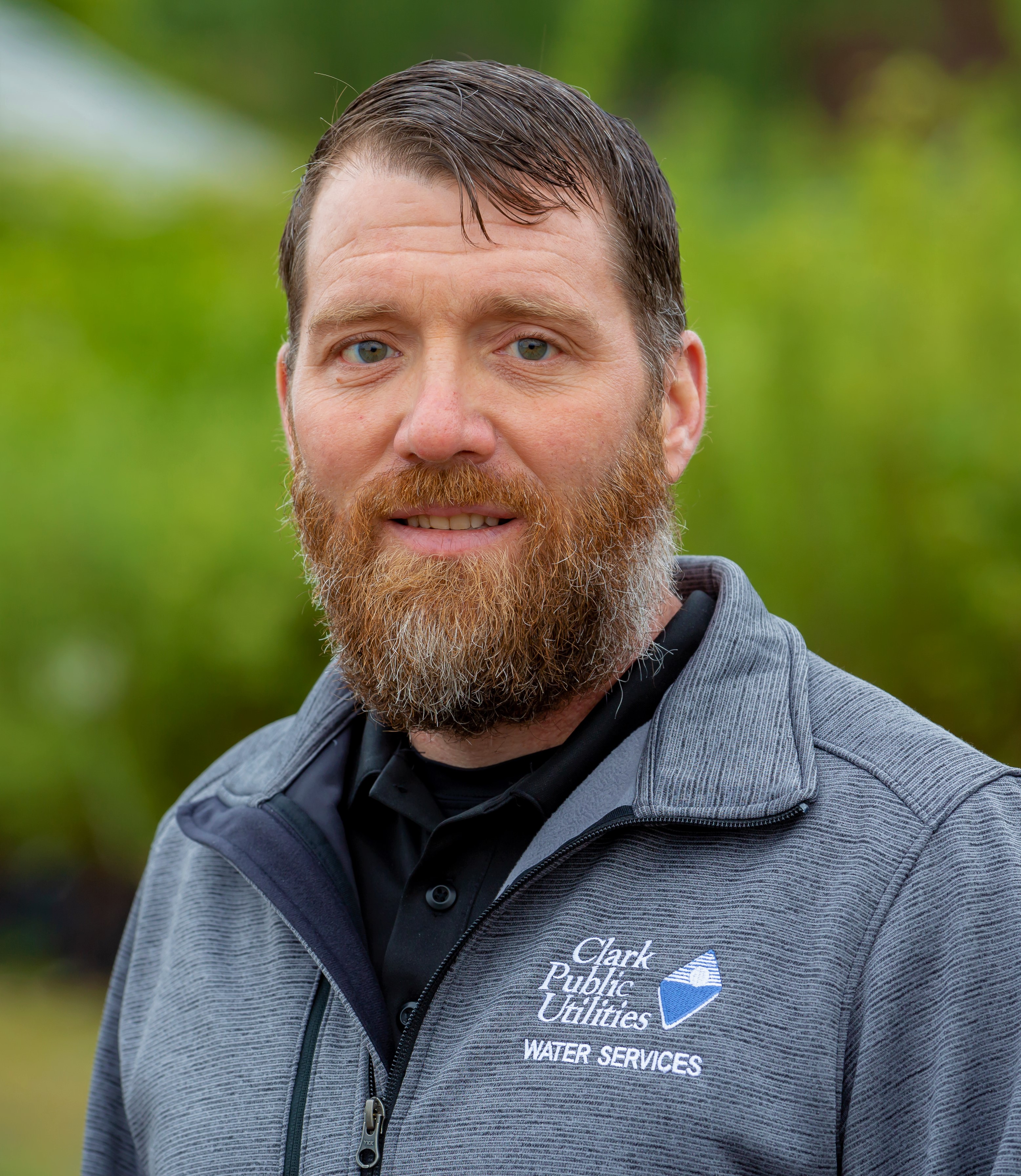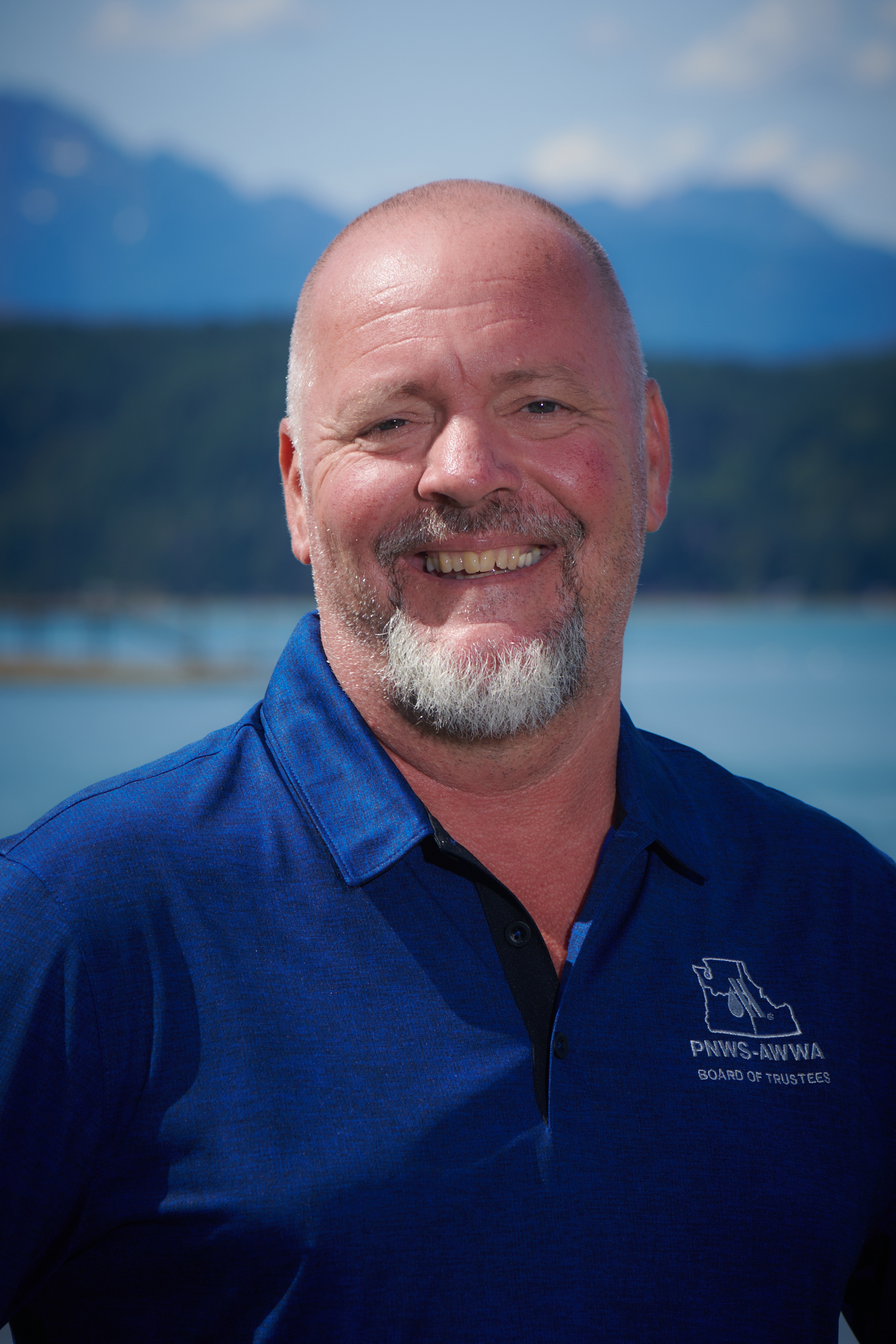Welcome to the Washington Water Utility Council
Mission Statement
The mission of the WWUC is to further the knowledge of the operation and management of water utilities and to promote public policies, legislation, and regulations which ensure an adequate quantity of high-quality potable water at the lowest economic and environmental cost.
Officer Members




2025 Washington Water Utility Council Invoice
The Washington Water Utilities Council (WWUC) is a committee of the Pacific Northwest Section of the American Water Works Association (AWWA). The WWUC is a 30+ year old, non-partisan organization made up of over 140 water utilities providing drinking water to over 75 percent of the state’s population. The WWUC works to ensure that issues of interest to water utilities are discussed and thoroughly considered by utilities, state agencies and interest groups prior to implementation through legislation. Some of the focus highlights include following water related lawsuits, water rights, lead and copper rule improvements, PFAS regulations and drought/climate change policies .
Please join us in supporting the activities of the WWUC by submitting your dues remittance as soon as possible. These dues do not provide for membership in AWWA or the Pacific Northwest Section but rather support the role and activities of the WWUC. Dues are based on customer connections reported to the Washington Department of Health as listed in the State Sentry database. Credit card processing is available for ease of use paying your dues. For check payments, please print out the online registration form and mail with your payment to the address listed.
If you have questions about this invoice, or would like to be added to the WWUC email list, please contact Mike Pleasants, WWUC Administrative Committee.
Pay Your WWUC Dues Now!
